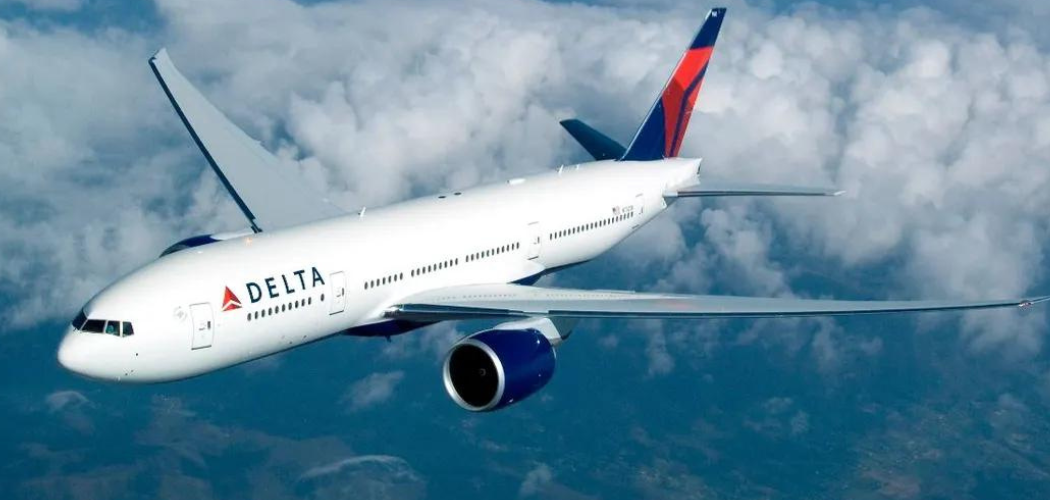Battle grows for online brand reputation
Many well known brands are struggling to maintain a positive online reputation, and some are failing to learn lessons from their more successful peers, according to the latest Kaizo Advocacy Index in the US.
Those brands that have improved their scores during the past six months have generally done so by creatively engaging with consumers, by ensuring that communication is more transparent, by improving customer service, and by being absolutely clear about pricing.
According to Rhodri Harries, managing director for Kaizo, "The current economic climate means that consumers are looking even harder for products and services that provide the best value for money. If brands are honest and provide helpful customer service while also offering real value for money, they will be consistently recommended by consumers."
The Kaizo Advocacy Index is a bi-annual study that measures the online reputation of twenty top brands from the food, software, airline and mobile sectors. The study examines independent links on four Google search engine tools (search, news, groups and blogs) as well as posts on Twitter and Facebook groups. Each site is assigned a positive (promoter), neutral (passive) or negative (detractor) sentiment score and, much like Net Promoter Score (NPS) methodology, the index is derived by subtracting the percentage of promoters from the percentage of detractors.
In the latest index, Del Monte, Virgin Atlantic, T-Mobile and Symbian led their individual sectors with scores of 45%, 33%, 7% and 13% respectively. The worst performing brands across each sector were Heinz (8%), Ryanair (-62%), O2 (-20%) and Microsoft (-9%).
Del Monte demonstrated that brands using creative methods to engage with consumers and promote positive online conversations can quickly find themselves ahead of the competition. The brand increased its score by an impressive 54% after previously lagging behind all other brands in the food sector. The turnaround is attributed mainly to the launch of a low calorie frozen dessert fashioned in the shape of James Bond actor Daniel Craig's torso, after over 1,000 women voted him to be the celebrity they would "most like to lick".
According to Kaizo, it is also very important for brands to have clear, open communication channels, particularly in an online world where people have a vast amount of information at their fingertips. For example, there were various negative blog comments after one food company withdrew three health claims for consideration from the European Food Safety Authority due to a lack of proven supporting evidence. Brands that are committed to being transparent and honest about their products and services tend to increase the level of trust and loyalty among their online consumers.
Improving customer service levels should remain a priority, as there is a large amount of negative consumer conversation about this issue. This is having a major impact on the online reputation of the mobile, software and airline sectors in particular, mainly because disgruntled customers find the internet an easy platform for venting their complaingts and frustration.
An active presence on Facebook and Twitter has helped both T-Mobile and Symbian perform well in the mobile and software sectors, demonstrating that brands using social media to engage with consumers tend to be more positively promoted online. As an example of a brand that is listening to its customers and addressing negative comments, Oracle's score has increased most in the software sector. This was largely due to well-received product news, as well as initiatives aimed at providing answers to problems involving security and payment plans.
At the same time, negative conversations regarding hidden costs have been a factor in falling scores of budget airlines Ryanair and EasyJet. The airline sector fared poorly in the study, with Virgin Atlantic receiving the only positive score and BMI being the only brand to increase its score significantly, as both brands receives only minimal complaints from customers. Brands in sectors that generate high volumes of critical online conversations (such as airlines) can help to improve their online reputation by reacting more quickly to sprawling negative conversations.
More Info:




